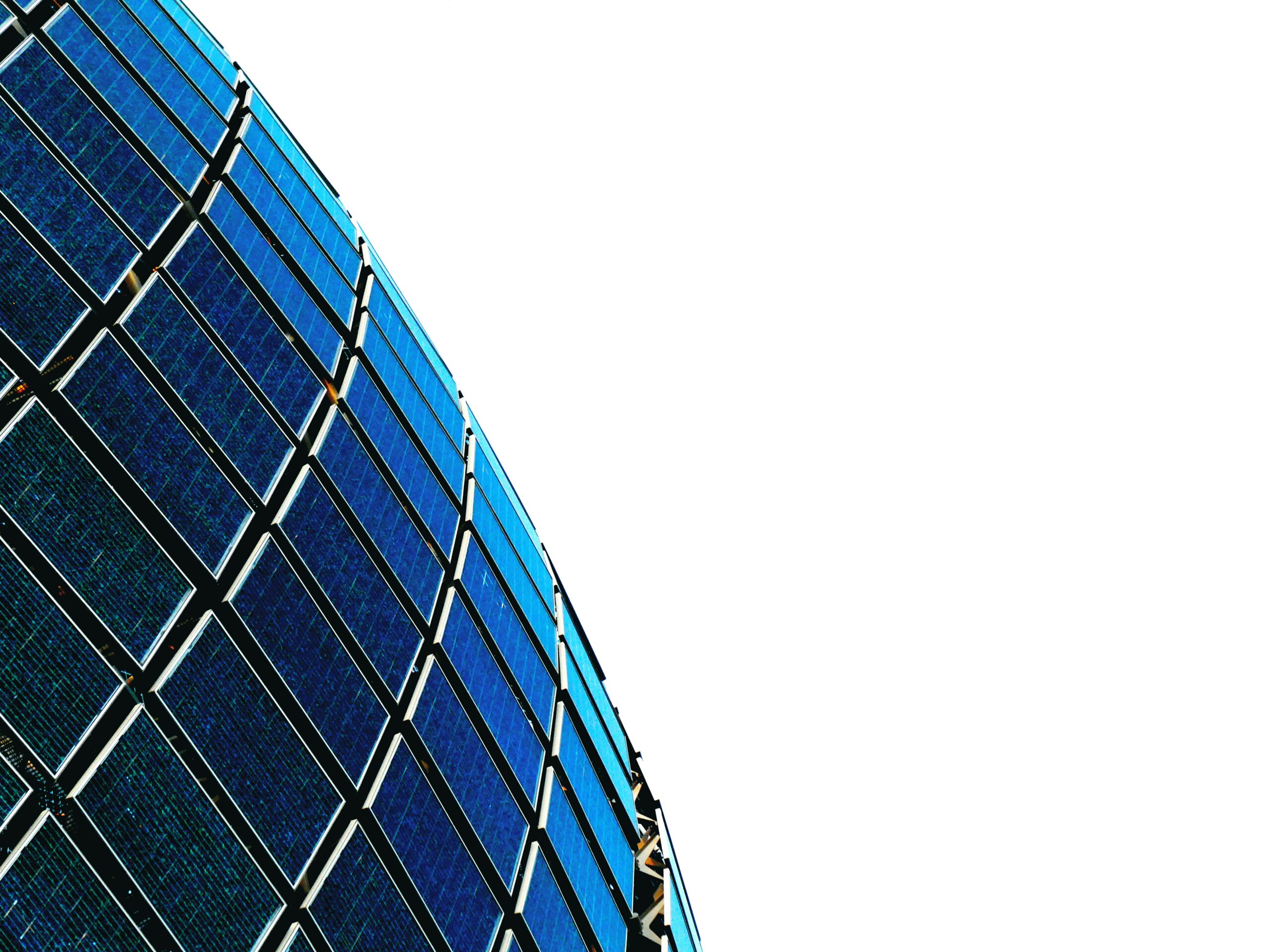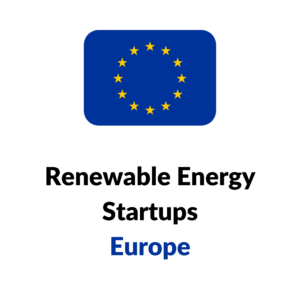The demand for energy continues to rise worldwide – therefore new technologies must be continuously developed which are cheaper, more efficient or more innovative than their predecessors. This is also the case with regard to renewable energies, especially solar energy. Solar energy is also popular among the (German) population: a study by the Fraunhofer Institute in 2021 showed that almost 50% of the population see electricity generation by solar systems as the most important future source of electricity, closely followed by solar systems on open spaces (~40%). The business field of innovative solar energy technologies is therefore promising – accordingly, there is a large number of disruptive startups. One promising new technology in the solar energy field are solarfilms. In the following article, three startups offering solar film are presented.
Heliatek – Pioneer in Solarfilms
The German startup Heliatek is the pioneer concerning solar film. Most popular is their Product “HeliaSol” – a solar film that can, thanks to the integrated backside adhesive, be installed on various different building surfaces. The light, flexible and thin designed film can therefore turn any building in a (green) power generating building. The company based in Dresden has won multiple awards for their system, which is not only innovative in itself but opens up a door to decentralized, green and self-sustaining energy production.
Crystalsol – Cost-effective mini solar cells
Another innovative startup in the field of solar films is Crystalsol, a startup based in Vienna, Austria. Crystalsol developed a patented new crystalline semiconductor powder: the startup works with inexpensive materials such as cooper, zinc, tin, sulphur and selenium for the semiconductor, which is then coated with a thin buffer layer to create the p/n junction. The crystalline powder is added as a last step, but the semiconductor is already a functioning ‘mini’ solar cell. Through the used roll-to-roll technology (a very cost-effective process, where electronic devices are created on a role of flexible plastic, metal foil or glass) and by the elimination of vacuum technology for the active layer, their product is as economical as it can get. According to the startup their film is “significantly below current capital requirements for photovoltaic plants”.
Picture Source: Unsplash, 29.04.2021





